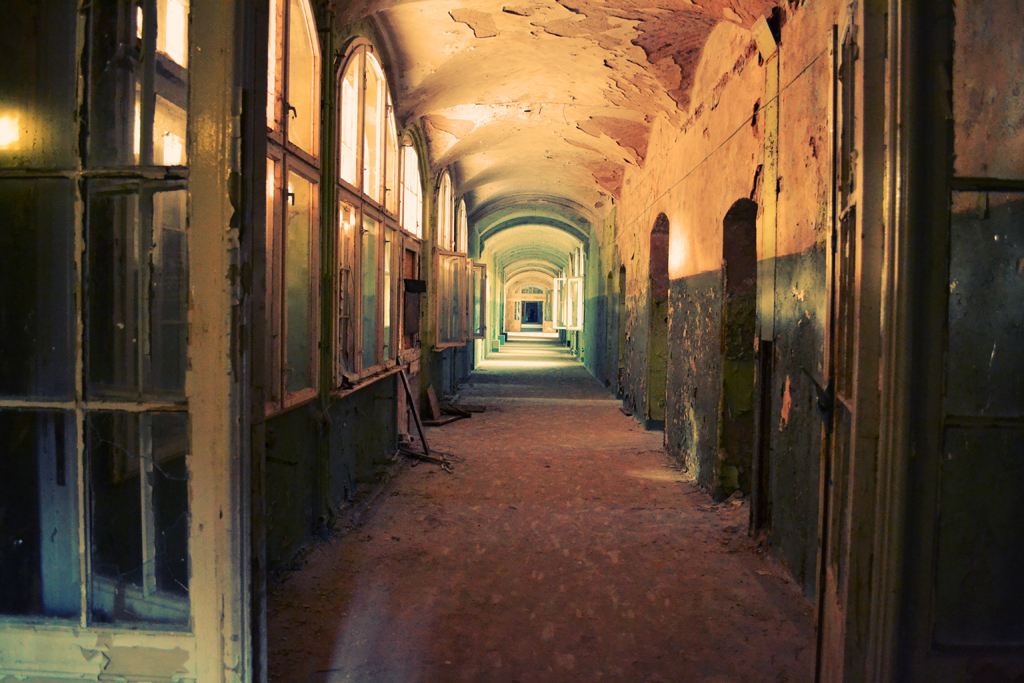
Do you regularly steel yourself for the worst?
Does your mind take a little information and run with it into the future thinking about negative scenarios?
When faced with anything new or outside your comfort zone, do you assume you’ll fall short, it won’t work out, or that something catastrophic will happen?
- My spouse says we need to talk tonight. I’ll bet it’s something bad.
- If I start my own business it will probably fail.
- I have a headache…it’s probably a brain tumor.
- If I try online dating, no one will respond to my profile.
- If I speak up in a work meeting, I’ll probably say something obvious everyone already knows.
Walking down a bad street
Worst-case scenario thinking is like continually walking down a bad street where dangers lurk around every corner. You live in ever-present fear of the bogey man called The Worst Thing That Could Happen.
Yes, bad things sometimes happen. But most of what we worry about never happens and yet we suffer unnecessarily, consumed with worry and anxiety.
Here’s the thing: Worst-case thinking exaggerates the potential bad and makes it seem inevitable rather than only one of many possible outcomes. And often an improbable outcome at that.
Fear and powerlessness
I often ask clients, Does thinking the worst feel empowering? I’ve yet to receive a “yes” in response.
Quite the opposite, worst-case scenario thinking keeps us rooted in fear and fosters powerlessness.
Some tell me preparing for the worst helps them handle the situation better and respond more quickly if, indeed, the worst happens.
But does it?
Possibility versus catastrophe
Or does it rob us of anticipatory joy—that wondrous feeling of possibility, of expansive dreaming, of hopefulness?
What might the universe have been able to support you in doing if you’d attracted positivity by believing in good outcomes? If you’d filtered the world through possibility rather than catastrophe?
Next time you start thinking the worst, what would happen if you chose optimism instead? What would happen if you believed a good outcome is just as possible—and even more probable— than a bad one?
